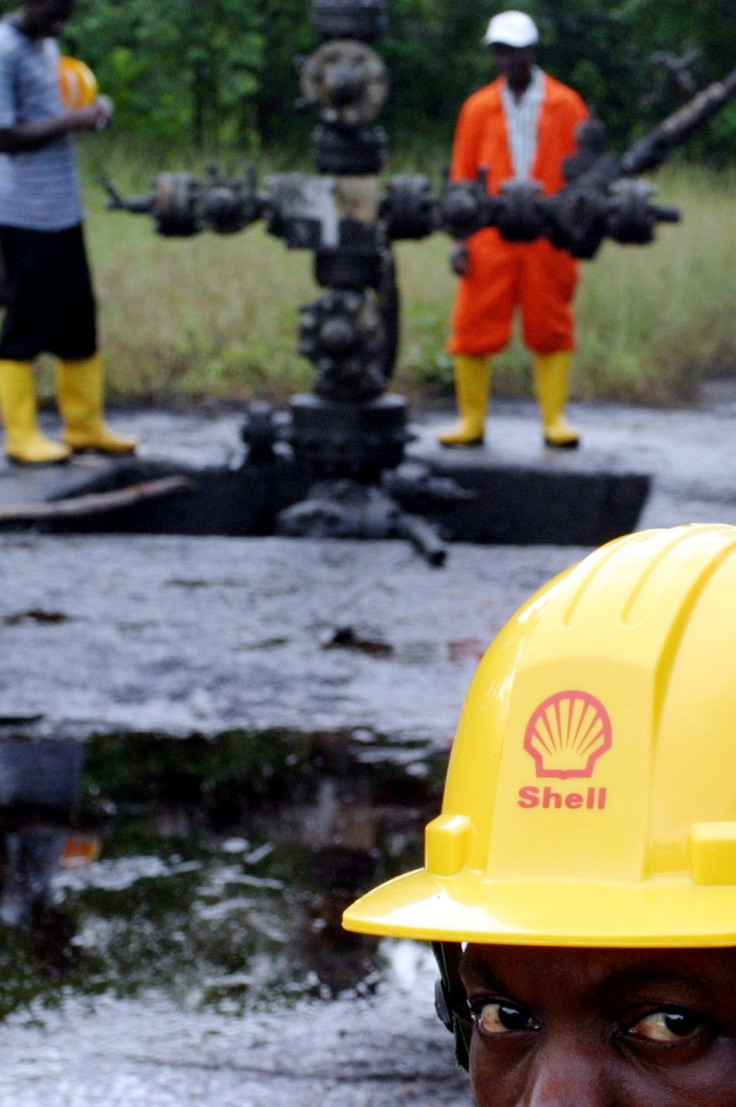Amnesty International Says Royal Dutch Shell Grossly Under-Reported Nigerian Oil Spill

In a new report, Amnesty International accuses Royal Dutch Shell of inaccurately assessing the size of a 2008 oil spill in the Nigerian Delta region.
According to the human rights organization, Shell largely underestimated the size of a 72-day pipeline rupture in 2008. Executives said at the time a total of 1,640 barrels of oil spilled. But an unpublished assessment by U.S. firm Accufacts Inc. found between 1,400 and 4,300 barrels of oil leaked from it per day.
In all, between 103,000 and 311,000 barrels leaked from the pipeline, said AI, which is supporting Nigerians who claim their fishing grounds and livelihoods have been hurt by the spilled oil.
The difference is staggering: Even using the lower end of the Accufacts estimate, the volume of oil spilled at Bodo was more than 60 times the volume Shell has repeatedly claimed leaked, said Audrey Gaughran, director of global issues at Amnesty International.
The human rights group in November pressured the company to devote $1 billion to cleaning up tracts of the Niger Delta following the 2008 Bodo spill.
Shell promised in November to re-valuate areas that were affected by the oil spill and has previously acknowledged the pipeline rupture was the result of operational issues.
The 2008 spill, however, has not been the only incident. Shell's subsidiary in the oil-rich country has been criticized for subsequent oil spills.
In December 2011, the company confirmed an underwater pipeline failed at one of its offshore facilities.
Nigerian officials have estimated that spill -- an estimated 40,000 barrels -- to be the worst offshore spill the country has experienced since 1998, affecting roughly 115 miles of ocean.
But while the two spills were caused by equipment malfunctions, Shell has maintained its safety precautions, and cleanup efforts are hampered by the siphoning of oil from pipelines and other infrastructure by local people.
Earlier this year in January, Shell officials invoked force majeure after the company suspected oil thieves tapped into a company pipeline, causing a break.
The announcement insulated Shell from possible liabilities by declaring the spills beyond the company's control.
Shell said it has to respond to an average of 169 spills a year in Nigeria, the vast majority the result of theft or sabotage.
© Copyright IBTimes 2024. All rights reserved.











